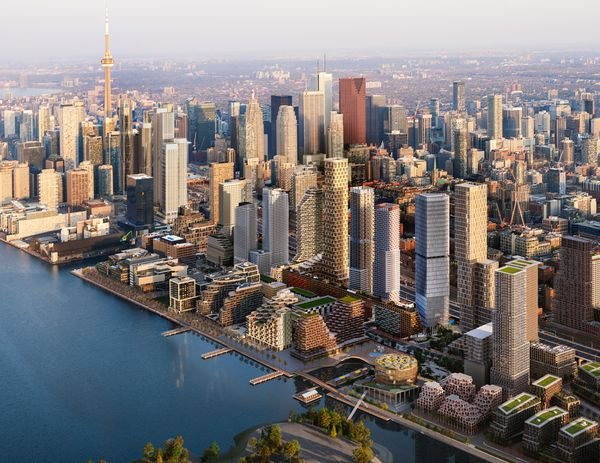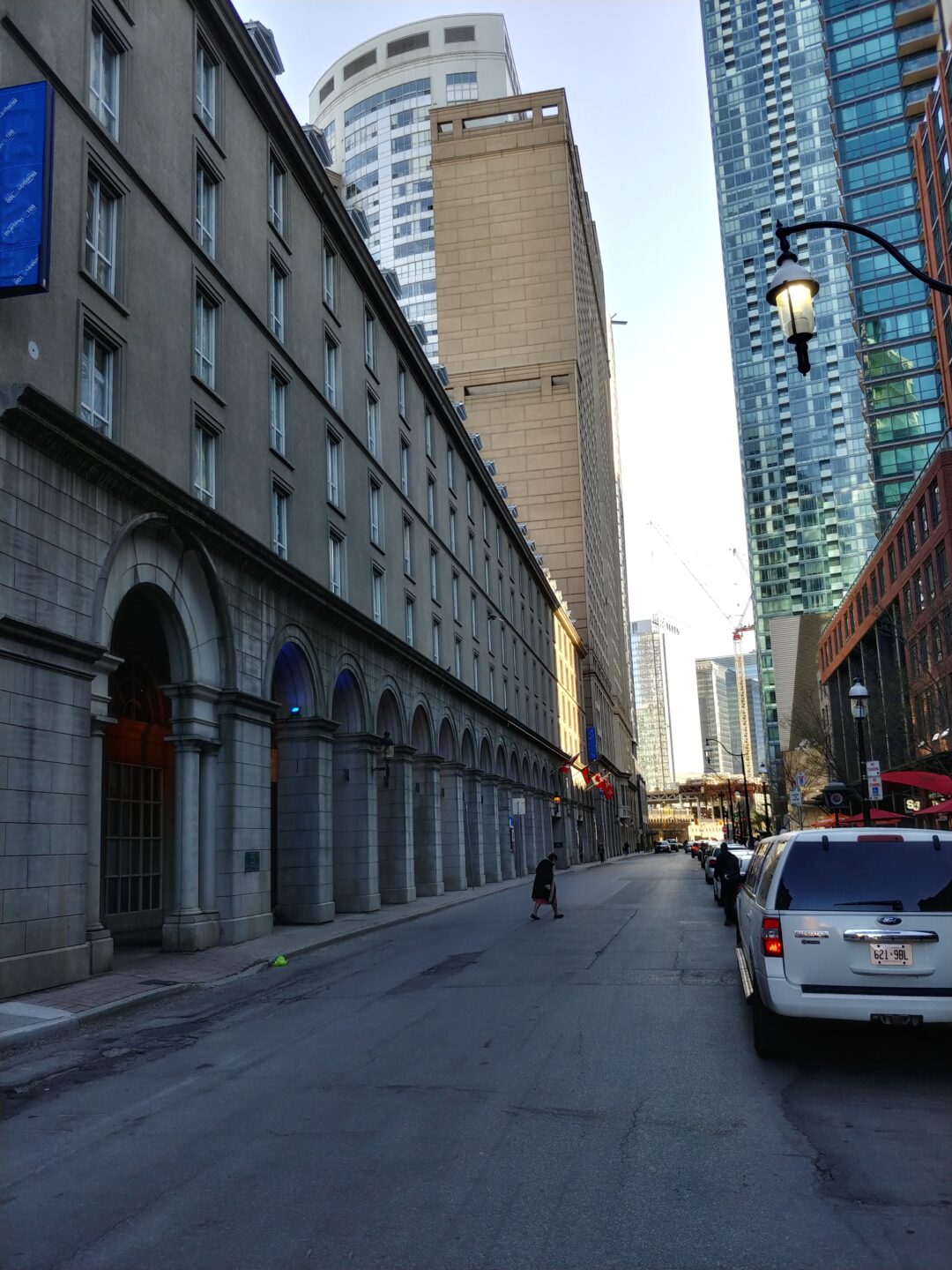By Daryl Gonsalves
–
Does a vibrant futuristic community need to focus on technology and data, as Google planned for Toronto? The new vision for the 12-acre Quayside development, at Parliament Street and Lake Shore Boulevard East, shifts the emphasis to sustainability and affordable housing.
Toronto’s waterfront revitalization has been a tri-government approach, with $2.75 billion channeled through Waterfront Toronto. In 2017, Google’s sister company Sidewalk Labs partnered with Waterfront Toronto to envision a ‘smart’ Quayside development that would collect detailed data on everything from pedestrian mobility to garbage.
This led to controversy over whether Sidewalk Labs could robustly manage the sensitive data and ensure the privacy of Quayside’s residents and visitors. On a governance level, the Auditor General of Ontario’s 2018 report questioned the relationship between Waterfront Toronto and Sidewalk Labs, the commercial integrity of the procurement process and Waterfront Toronto’s experience with digital data infrastructure.
To bring down the temperature, Sidewalk Labs offered to establish an independent civic trust to control data collected by Quayside and protect citizen privacy. But in May 2020, Sidewalk Labs made a surprising announcement that the firm was abandoning the Quayside opportunity due to economic uncertainty in the local real estate market.
Waterfront Toronto launched a new procurement process, and on February 15 selected Quayside Impact, led by developers Dream and First Gulf, to begin negotiations. Other names in the development team include Adjaye Associates, Alison Brooks Architects and Henning Larsen. To ensure the integrity of the commercial process, Waterfront Toronto enlisted Beverley McLachlin, former chief justice of the Supreme Court of Canada.
What can residents expect from this new vision for Quayside? Some elements of Sidewalk Labs’ legacy continue. The new project is to be all-electric, zero-carbon and include some mass timber construction.
Quayside Impact proposes to build 4,300 residential units, with more than 800 designated as affordable. Of the site’s 12 acres, two acres have been dedicated to a ‘community forest,’ a car-free public green space.
Quayside Impact also proposes an arts and education venue with space for performing arts, Indigenous-centred cultural programming and education. Downtown east residents may recognize some partners involved: the Mississauga of the Credit First Nation, the Bentway, Crow’s Theatre, the Centre for Social Innovation, George Brown College, the Rekai Centres and Woodgreen Community Services.
Waterfront Toronto and Quayside Impact are beginning negotiations for a project agreement anticipated to be reached next fall. One component includes community engagement.
The City of Toronto’s virtual consultation continues to gather feedback on the renewed project. Recently, the City completed a series of virtual consultations with the last one taking place on March 3, 2022. Residents can look for opportunities to get engaged through the city’s online Waterfront Revitalization page and Waterfront Toronto’s public consultation page.




